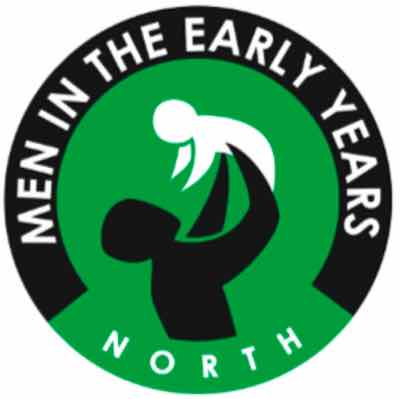Featured
Posted by Kathy Brodie on June 24, 2016.
Kathy Brodie on June 24, 2016.

I was reminded last week just how clever, adaptive and creative children actually are.
Let me start at the beginning. In schools all over England, young children (and some VERY young children) are being given words to remember, spell and write. They are then tested on these and measured against a set of standards.
Now, in my experience, having a set of pre-determined scales poses a number of problems.
First of all, where do you pitch it? So low that everyone passes with flying colours – a little bit pointless, if great for self-esteem.
So high that most children will be set up to fail, which has to be morally, ethically and in terms of PSED wrong.
Therefore, it has to be a middling average, in terms of reading ability. There has not been any account made for children’s unique life experiences, their culture or their existing knowledge.
Even if we, as adults, have been there with the children, their experiences of the same event may be very different indeed. I’ll never forget the big trip to Chester Zoo, on the coach, great adventure, picnic lunch and the only memory my son has of the whole day is seeing the elephant weeing! So how can we possibly extrapolate their experiences and put them into a standard test?
On top of all that, children are exceptionally good problem-solvers, adapters and makers of meaning, even if something seems non-sensical to us.
For example, one of the measures, or tests, of their reading ability is to de-code ‘nonsense’ words. These are phonetically possible, but are not encountered as regular English words. The activity in this particular classroom last week was to identify the nonsense words, and then say them.
However, there is one little lad in the class who had early life experiences in Hong Kong, and also supports Everton football team. So when he came to the word ‘Chang’ he didn’t identify it as a nonsense word.
Why?
Because it is a common Chinese surname, a brand of beer common in Hong Kong and sponsors of Everton. So he has seen and used the word often and it makes perfect sense to him, in a number of different contexts.
As a test of identifying ‘nonsense’ words, this is clearly not working. As a test of de-coding the word, again, not working – he could read it on sight (at a hundred yards on a football shirt!). But as an example of his cultural, community and knowledge of the world – excellent!
But he got the test ‘wrong’ because he didn’t identify it as a nonsense word.
So before we try to show how we, as adults, are more intelligent than children, let’s just take a moment and remind ourselves how clever, inventive, creative and knowledgeable our children are first.











